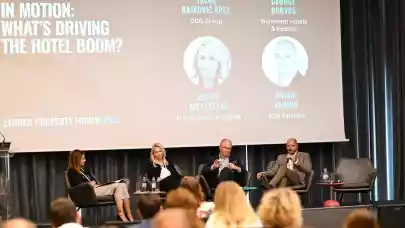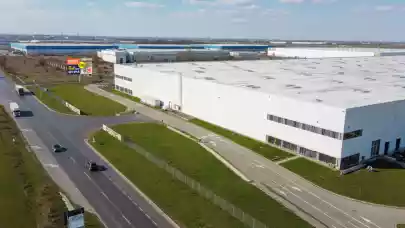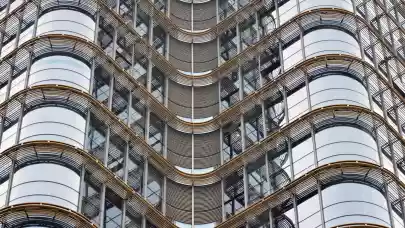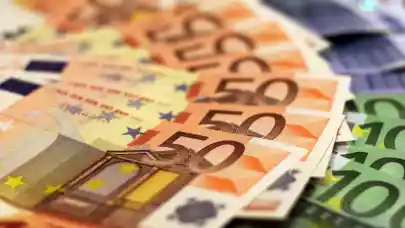
At Zagreb Property Forum 2025, organised by Property Forum in Zagreb last week, the closing panel brought together leading voices in the Croatian and regional hospitality sector to dissect the forces shaping the country’s hotel market. Chaired by Ivana Rajković Špes (DDG Group), the discussion delved into Croatia’s evolving tourism landscape, the challenges of seasonality, the impact of international brands, and the shifting expectations of guests and investors.
Opening the session, Ivana Rajković Špes set the stage by highlighting the sector’s strategic importance: “Tourism, as you all know, has always been a sector of strategic importance for the national economy and international recognition of our country in the world. It’s almost 20% of our GDP, making it a key driver for growth and one of the most dynamic investment opportunities in the region.” She noted that while Croatia continues to see growth in tourist arrivals and spending, the current model of mass tourism—dominated by short-term apartment rentals—has reached its limits. “After years of strong growth and easy profits, the next chapter in Croatia will be optimising the Croatian tourism. The hotel market in recent years is entering a new cycle, with international brands coming to the market and domestic operators upgrading their portfolios.”
Josipa Jutt Ferlan, Cluster General Manager and CEO of Hilton Hotels in Zagreb, emphasised the need for a strategic shift toward premium and year-round tourism. “We start to redirect our strategy in tourism for the future, starting to consider Croatia as a potential, not fully, but potentially, country for premium and luxury tourism. We have to now, first of all, work on that as a market from the marketing perspective.” She also stressed the importance of understanding the realities of seasonality: “Certain hotels are located somewhere to work as seasonal hotels, even though the season is maybe wider than it used to be. But let’s face it, if you don’t have a destination that will attract people year-round, then what will they do, how will you attract them?”
George Bobvos, Development Consultant for Southeast Europe at Wyndham Hotels & Resorts, provided a broader regional perspective and underscored the need for flexibility and modernisation. “The length of the season is not a given fact; it’s a stage of development. When I look at what is happening in the world and in Europe, what is logical is that there are new developments or renovation of older hotel properties that help international brands coming to the country, and this is actually happening, but probably not with that speed that we all want.” He also pointed to bureaucratic hurdles as a major barrier: “The issue is this red tape and the permitting, which honestly puts off investors, because why should they spend half of their active life on obtaining a building permit in Croatia, if they can go and buy a property in Greece?”
Kruno Santini, Head of Adria Region at ECM Partners, offered a more cautious outlook, questioning the sustainability of the so-called hotel boom. “First of all, I would not say it’s a hotel boom, because we are talking about altogether, maybe 1,000 to 1,500 keys per year, which in other markets would be perceived as a statistical error. I’m quite pessimistic, and I believe that this was a short-term, because all of those projects that are being opened this year, that’s going to be opened in the next one or two years, have been planned in the Covid years, with all the assumptions from those years.” He warned that without significant changes, especially as EU funding winds down, new developments may stall: “If something drastically doesn’t change, I’m afraid that, from an investor point of view, there will not be so many new developments, because it’s not feasible.”
Despite differing views on the pace and sustainability of growth, the panellists agreed on the need for innovation, better regulatory support, and a focus on authentic, sustainable guest experiences. As Rajković Špes concluded, “We should be optimistic. We should be using our potential, and we need more investors and operators like the people sitting right here.” The session closed with a sense of cautious optimism, recognising both the opportunities and the urgent need for reform to ensure Croatia’s hospitality sector continues to thrive.



